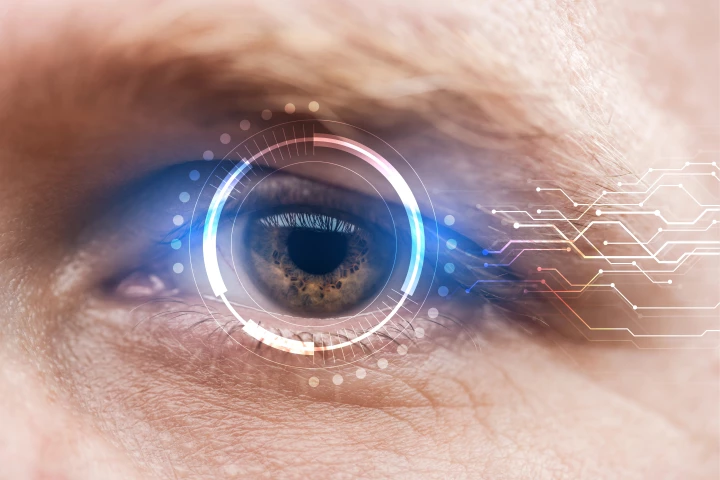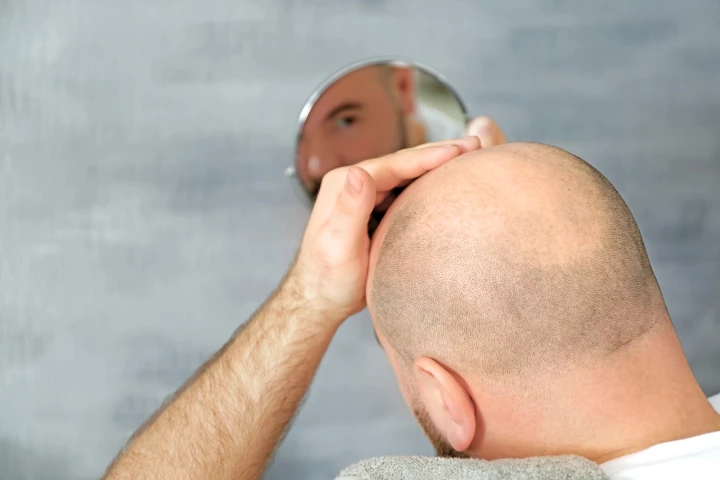Stress
-
New research has found when plant leaves physically touch each other, they seem to form a biological signalling network to warn each other about upcoming stress. This boosts resilience to intense light, a common environmental challenge.
-
A new poll commissioned by the American Psychological Association has shed light on a disturbing trend among residents in the US. An increased sense of division is leading to a cascade of other negative effects.
-
For the first time, researchers have shown how staying hydrated influences how our bodies react, hormonally, to stress, keeping cortisol in check and in turn lowering the risk of serious health conditions including heart disease, obesity and diabetes.
-
For the first time, scientists have uncovered a distinct biological process triggered in those who suffer from high levels of Monday anxiety, resulting in chronic stress. And it can lead to serious health problems if it's left unmanaged.
-
Watching a video of a therapy dog for just five minutes can meaningfully lower stress levels, a new study shows, offering a simple, stigma-free option for those reluctant to seek traditional mental health support.
-
If you have a high level of interaction with patients, students, clients or the general public in your work, you might be at much higher risk of developing type 2 diabetes. And, if you also have poor support at work, it could worsen your odds further.
-
Spending a few minutes a day doing simple things that bring joy increases well-being, decreases stress, and improves sleep, according to a new study. It shows you don’t need to invest in time-consuming well-being interventions for them to be effective.
-
You already know when you are feeling highly stressed, but low-grade background stress is harder to detect. A new dental flosser from researchers at Tufts University aims to make it easier by monitoring the chemistry of your saliva.
-
Pupil dilation and subtle facial changes in response to sound can reveal how severe tinnitus is. Through this, researchers have discovered a new way to objectively gauge how bad the condition is, more accurately diagnosing tinnitus and treating it.
-
We're one step closer to that elusive goal preventing hair loss and enabling new growth, as scientists identify the crucial role that one all-important protein has in protecting the hard-working cells on the production line.
-
Using nanoparticles, researchers have created a sensor that selectively detects levels of cortisol, a well-known stress biomarker. Their cheap and easily reproducible device brings us a step closer to stress testing from the comfort of home.
-
Taking placebos fully aware that they contain no active ingredients can still significantly reduce stress, anxiety and depression according to a new study. It’s suggested that these 'non-deceptive placebos' might be an effective way of improving mental health.
Load More











